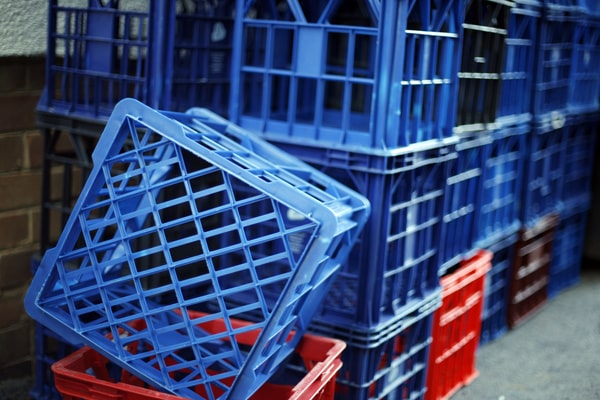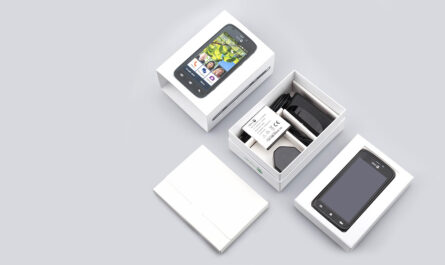Introduction
Plastic crates have become one of the most commonly used packaging and transportation solutions across various industries. Whether it is moving goods within a manufacturing plant or shipping products across the country, plastic crates provide an affordable and durable packaging option. In this article, we will explore the rise of plastic crates as a critical component in supply chain management.
History and Evolution of Plastic Crates
Plastic Crates first emerged in the 1960s as an alternative to wooden crates that were traditionally used for shipping and storage. Made of polyethylene, the early plastic crates provided protection against moisture and weather resistance compared to wood. Through the 70s and 80s, innovations in plastic manufacturing led to the introduction of high-density polyethylene (HDPE) crates that were even more durable and stackable than their predecessors.
The widespread adoption of plastic crates took off in the 90s as just-in-time manufacturing and e-commerce became prevalent. Factors like ease of cleaning, stacking ability, durability suited plastic crates for automated warehouses and distribution centers. Customizable dimensions and colors also allowed plastic crates to be used as reusable packaging for a variety of products. Today, plastic crates come in various designs to meet industry-specific needs.
Usage Across Industries
Food Processing: Plastic crates are extensively used in the food processing industry for packaging, sorting, and transporting agricultural produce within plants and across supply chains. Their lightweight yet durable construction and easy-to-clean surfaces make them ideal for hygienic transport and storage of fruits and vegetables.
Automotive: Automotive plants rely on robust plastic crates to efficiently move parts and components between different production lines. Features like see-through walls, rugged builds, and customizable dimensions allow plastic crates to organize small as well as large car parts for intra-plant logistics.
Retail: Plastic display crates have become integral to modern retail operations, particularly in the grocery segment. Their clear walls allow visibility of packaged products while protecting them during storage and transportation from distribution centers to stores. Use of customizable graphics and colors help brands promote products through crates in-stores.
Postal and Courier Services: Shipping parcels, documents and other delivery items require durable yet lightweight packaging. Plastic mailing crates satisfy this need through stress-bearing designs, moisture resistance and convenient stacking. Their reusability also aligns with sustainability goals of logistics companies.
Customization Capabilities
Modern plastic crate manufacturers offer an array of customization options to companies:
Dimensions – Plastic crates are engineered in standard as well as customized sizes to efficiently fit specific products, parts or packaging. Nestable designs optimize space during transport.
Colors – Vibrant customized colors and graphics allow companies to promote their brands during transit and storage. Transparent options provide visibility.
Durability – Reinforced designs with thick walls and secure locking mechanisms protect sensitive contents against impact and wear-and-tear of logistics operations.
Sustainability – Lightweight plastic construction and reusability aid recycling while minimizing environmental footprint compared to single-use alternatives. Many manufacturers accept crate returns and recycling.
IT Integration – Smart crates embedded with RFID tags or QR codes enable traceability, automatic identification and optimized asset management within integrated supply chain systems
Overall, plastic crates have revolutionized packaging and logistics operations through innovative designs optimized for a variety of industrial uses. Their lightweight durable build, combined with customizable features addressing industry-specific needs, cemented plastic crates as an indispensable component of modern supply chain management. As IoT and automation further transform logistics, integration of smart technologies is an area plastic crate manufacturers are exploring to unlock greater efficiency.
*Note:
- Source: CoherentMI, Public sources, Desk research
- We have leveraged AI tools to mine information and compile it



